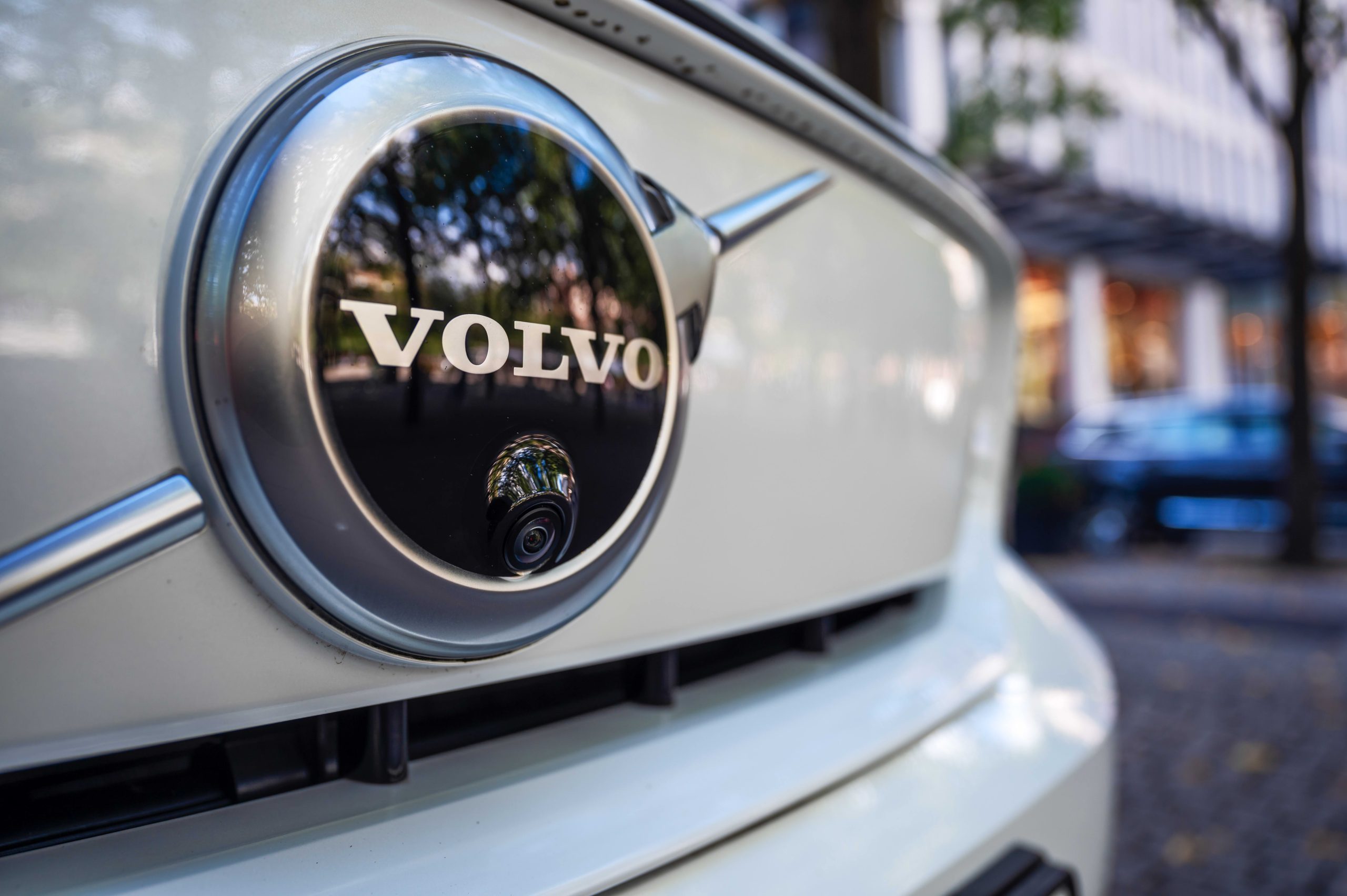Sweden’s Volvo Cars on Thursday posted stronger-than-expected third-quarter profit, prompting shares to rally by around 40% and driving the stock to its best-ever trading day.
Volvo Cars, which is owned by China’s Geely Holding, posted operating income for the July-September period of 6.4 billion Swedish kronor ($680.4 million), well above analysts’ expectations and up from 5.8 billion kronor a year earlier.
Its margin on earnings before interest and taxes (EBIT) came in at 7.4% for the third quarter, compared to 6.2% in the same period last year.
Volvo Cars said the result was largely driven by its ongoing 18 billion kronor cost-saving program, as well as certain one-off items.
The Stockholm-listed stock price jumped as much 41% on Thursday morning, before closing the session up almost 39%. It still reflects the firm’s biggest intraday gain since it started trading four years ago.
“In a tough market we delivered a solid third-quarter result and our cost and cash actions are delivering,” Volvo Cars CEO Håkan Samuelsson said in a statement.
“We returned to a slight sales growth in September and we are now ramping up sales of our BEV cars. We are fully on track towards the very important January launch of the EX60 in the largest and most popular electric segment,” he added.
Looking ahead, Volvo Cars said it expects to see more positive effects from its cost-cutting drive in the final three months of the year.
It noted, however, that the short-term outlook appears to be increasingly challenging, citing persistent macroeconomic challenges, including price competition and the effects of U.S. import tariffs.
Job cuts
Volvo Cars announced 3,000 job cuts and withdrew its financial guidance earlier in the year, citing tariff pressure and robust competition in the electric vehicle market.
The automotive sector is regarded as acutely vulnerable to tariffs, given the high globalization of supply chains and the heavy reliance on manufacturing operations across North America.
The U.S. and EU agreed to a framework trade deal in July, with U.S. Donald Trump’s administration imposing a blanket tariff of 15% on most EU goods. The agreement marked a significant reduction from Trump’s threat to impose charges of 30% and almost halved the tariff rate on Europe’s auto sector from 27.5%.
Industry groups, which tentatively welcomed the trade deal, expressed deep concern about the costs associated with the new tariff reality.
International: Top News And Analysis
Read the full article <a href="Read More” target=”_blank”>here.


